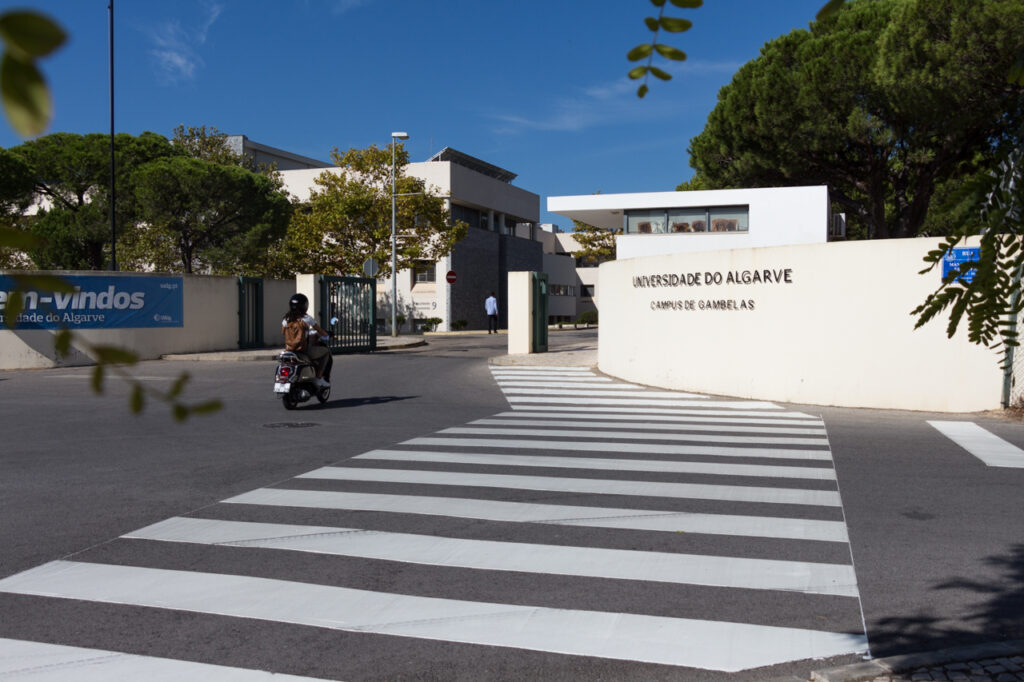All public higher education institutions have joined the program launched by the Government which provides for the existence of a priority contingent for the economically most needy students, revealed the Ministry of Science, Technology and Higher Education (MCTES).
According to the lists released this weekend by the MCTES, all higher education institutions have joined the voluntary program that will give an opportunity to the most needy young people who usually have less chance of getting to higher education.
In a statement, the guardianship explains that institutions can make available «2% of vacancies for each cycle of studies (or 2 vacancies) for candidates benefiting from school social action» and that «despite the voluntary nature of membership, all higher education institutions public authorities have expressed their adhesion to the contingent already this year».
For the Government, this participation demonstrates the «relevant consensus existing in the sector on this matter and the importance that is attributed to this new mechanism of social equity».
Several national and international studies have shown that socioeconomic status is one of the main factors of academic success or failure, with the most deprived children having much less conditions to study at home, as well as family support or the possibility of paying tutoring.
Failures, dropping out of school and lower grades in national exams are therefore more common among students from poorer families.
In the same sense, there are almost no students with school social support in courses where the average access is higher, but, with this new program, these students will have their own contingent to be able to try to enter these most sought after courses.
In total, this year there will be 54.036 vacancies in the 1.108 higher education courses for students who want to apply for the 1st phase of the national competition for access to public higher education, which starts on the 24th of July still with the rules defined at the beginning of the pandemic.
This year, vacancies are fixed earlier, as is the placement of students, so that classes can start practically simultaneously for all new students, avoiding «the loss of about three weeks of classes for students placed in the 2nd phase and about six weeks of classes for students placed in the 3rd phase», underlines the MCTES.
The diploma was also published today in Diário da República, which defines that this year the rules for completing secondary education and access to higher education remain unchanged, continuing to apply the provisional rules implemented in 2020, with the covid-19 pandemic that forced isolation of the population and long periods of distance learning.



















Comments